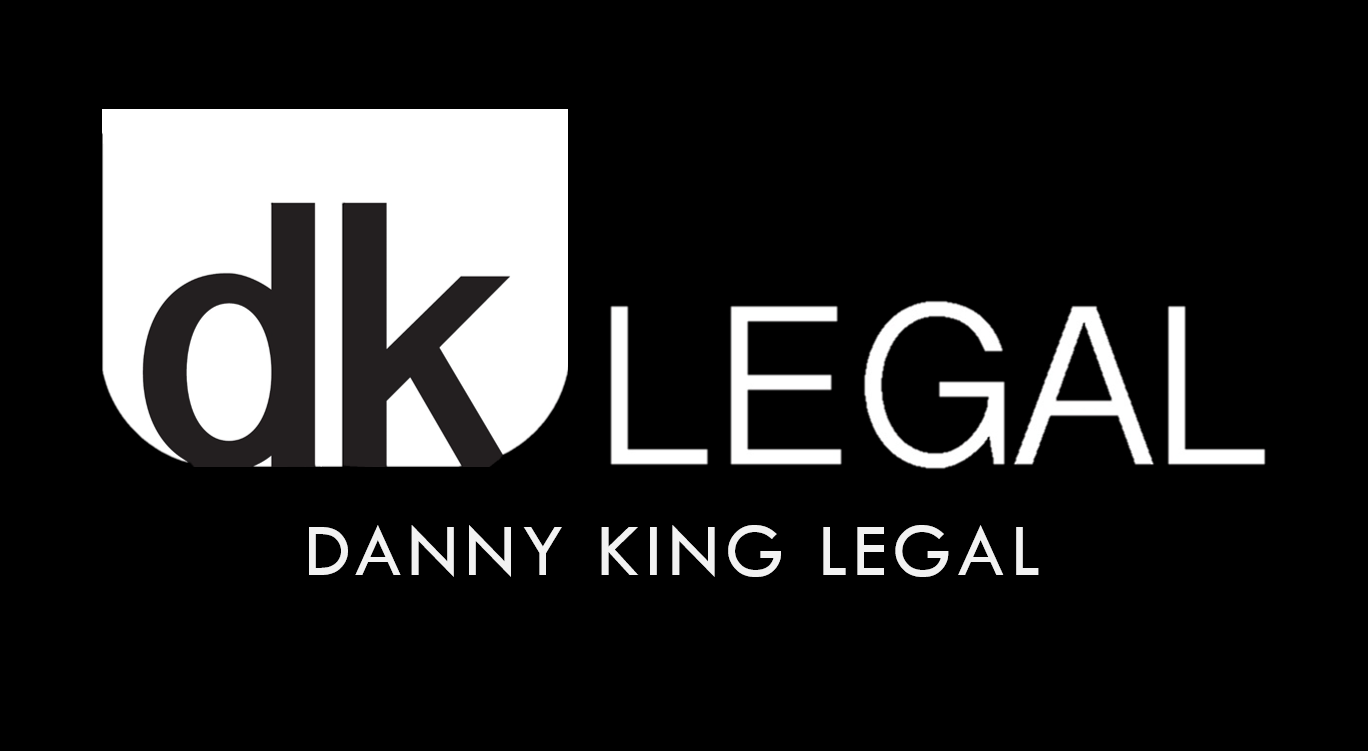New costs protection laws for victims of discrimination – …
The following should not be considered legal advice and is for general use only.
Under the Australian Human Rights Commission Amendment (Costs Protection) Act 2024 (Cth) which was passed on 19 September 2024, unsuccessful applicants in unlawful discrimination cases are now protected from paying a respondent’s costs, except in very limited circumstances.
This amendment introduces a revised “equal access” cost protection provision into the Australian Human Rights Commission Act 1986 (Cth).
The new costs regime will apply to all federal unlawful discrimination proceedings before the Federal Court of Australia and Federal Circuit and Family Court of Australia.
One of the key drivers of this reform, is the Australian Human Rights Commissions’ Respect@Work Report, which found that the previous cost structure discouraged victims of sexual harassment (and other forms of discrimination) from pursuing their claims due to the risk of adverse cost orders.
This new costs regime came into effect on 2 October 2024.
What are the changes?
The information below provides a comparison between the previous costs regime (the “soft costs neutrality model”) with the new costs regime (the “equal access” model):
Prior to 2 October 2024 – The Soft Costs Neutrality Model
Each party generally bore their own costs, but the court had the discretion to order costs against a party if they acted unreasonably or vexatiously.
While this model offered some cost protection, applicants still faced financial risk, deterring some from pursuing claims.
As of 2 October 2024 – The Equal Access Model
Applicants are protected from having to pay the respondent’s costs, unless one of the following exceptions apply:
Exception 1: The applicant commenced proceedings vexatiously or without reasonable cause; OR
Exception 2: The applicant’s act/omission caused the respondent to incur costs; OR
Exception 3: All of the following apply:
- the respondent is successful on all grounds;
- the respondent does not have a significant power advantage over the applicant; and
the respondent does not have significant financial or other resources relative to the applicant.
Settlement and litigation implications for employers
Below are some of the implications that the new costs regime can have for employers in the context of settlements and litigation:
- Increased costs orders against employers: Only one ground of an applicant’s claim needs to be successful for the respondent to be ordered to pay their costs.
- Broader scope of discrimination claims: Given applicants only need to be successful for the respondent to pay costs, applicants may start bringing broader discrimination claims than they usually would to avoid costs.
- Changes to settlement engagement: The reduction in disincentives for applicants to litigate claims and the increased disincentives for respondents to litigate means that employees are more likely to pursue their claims in the courts and/or engage in settlement discussions. Employers should give careful thought to how settlement discussions can be leveraged to secure an outcome before the matter proceeds to a costs hearing.
How to mitigate these risks
Employers now need to be especially vigilant about any sexual harassment and discrimination occurring at work. With fewer legal obstacles for applicants, employers should review and, if necessary, enhance existing policies and preventive measures.
Employers would benefit from establishing a system where the likelihood of this unlawful behaviour is minimised to the maximum extent possible, and, if an incident does occur, employers should take decisive action to discipline the ‘offender’ and support the victim while investigations are ongoing.
In these circumstances, employers must take all necessary measures to ensure the workplace is safe for everyone to avoid the costs and liabilities that can arise when these incidents occur.
How DKL can assist
At Danny King Legal, we’re ready to help you tackle these changes head-on.
Our team will guide you through every step, from mitigating risks in your workplace to defending claims and navigating settlement options, so you can feel confident in managing these situations without taking on unexpected risks and costs.
Please visit our website or contact us for more information.
The above should not be considered legal advice and is for general use only.

